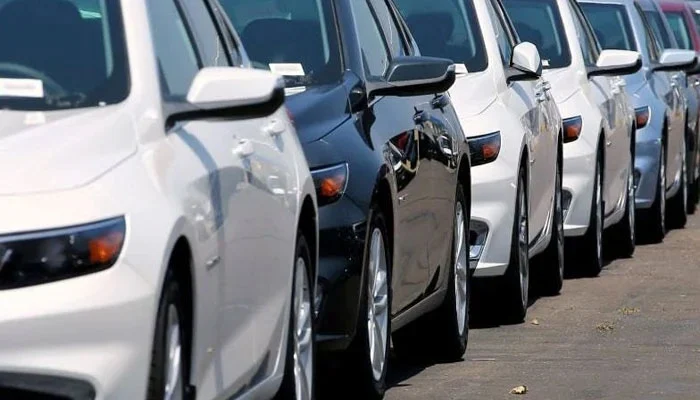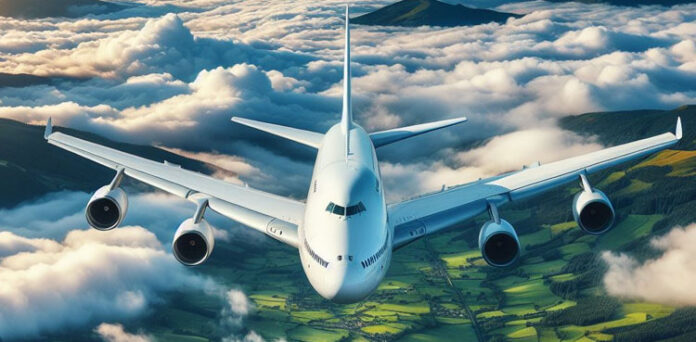- Pakistanis spent $1.2 billion on import of cars and other related stuff.
- SBP reserves can only cover three weeks’ of imports.
- Huge spending on imports of luxuries calls for shift in govt policy.
ISLAMABAD: Despite efforts to conserve foreign exchange reserves by restricting imports, Pakistan spent $1.2 billion (or Rs 259 billion) on the import of transportation items, including luxury cars, high-end electric vehicles, and their parts, during the last six months, reported The News.
Pakistan is facing an acute shortage of dollars and has less than $5 billion in its reserves which is hardly sufficient to finance three-week of its imports.
Despite the overall reduction in imports of transportation vehicles and other items compared with last year, the economy was still burdened with heavy outflows for buying expensive luxury vehicles and useless items.
During these six months, the country imported completely built units (CBU), completely knocked down/semi knocked down (CKD/SKD) of $530.5 million equivalent to 118.2 billion.
Since CKD kits are not allowed to be imported, yet multimillions of dollars of these kits are being imported, harming the local industry and their production.
The economy is suffering, but hefty spending on cars and other vehicle imports is raising a lot of questions about the government’s policy of halting imports related to the industrial and commercial sectors.
Road motor vehicles (build units, CKD/SKD), $1.03 billion or Rs230.5 billion were spent during these six months. Last year in the same period, the spending on these vehicles was $1.87 billion, showing a reduction of 63%.
Under the completely built units (CBU) during July-Dec 2022-23 imports of buses, trucks and other heavy vehicles imports were $75 million (Rs16.6bn), motor cars with $32.6 million.
Under the CKD/SKD, imports of buses, trucks, and other heavy vehicles imports were $722.5 million (Rs161 billion), while motor car imports were recorded at $498 million (Rs111 billion). Motorcycle imports also stood at $27.6 million.
Besides, the parts and accessories imports stood at $188.6 million (Rs42 billion). Similarly, $47.7 million were spent on the import of aircraft, ships, and boats.
Only in December, the transport sector’s imports stood at $140.7 million (Rs31.6 billion). Of this, $47.5 million or 11.3 billion rupees were spent on the imports of cars, $27 million on parts and accessories, $3.6 million on motorcycles import, $25 million on buses, trucks, and heavy vehicles, and another $22.4 million on the import of aircraft, ships, and boats.
Reportedly, despite economic crises, the incumbent government has lifted a ban on the import of luxury cars recently. This is one of the major sources of dollar outflow from the economy.
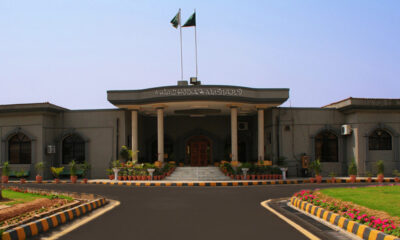
 Latest News2 days ago
Latest News2 days ago
 Latest News1 day ago
Latest News1 day ago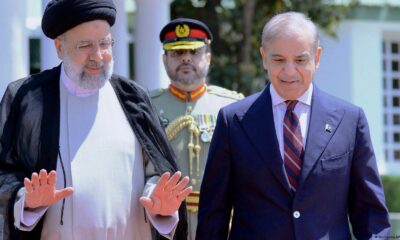
 Latest News1 day ago
Latest News1 day ago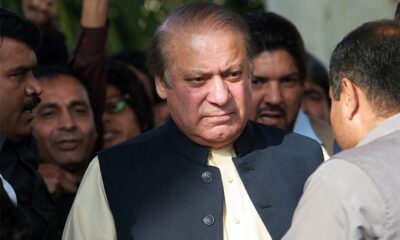
 Latest News2 days ago
Latest News2 days ago
 Latest News1 day ago
Latest News1 day ago
 Latest News2 days ago
Latest News2 days ago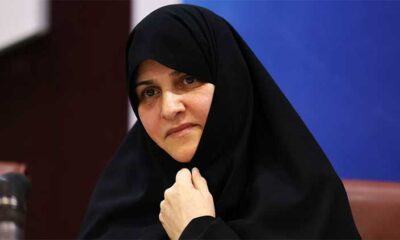
 Education2 days ago
Education2 days ago
 Latest News2 days ago
Latest News2 days ago
